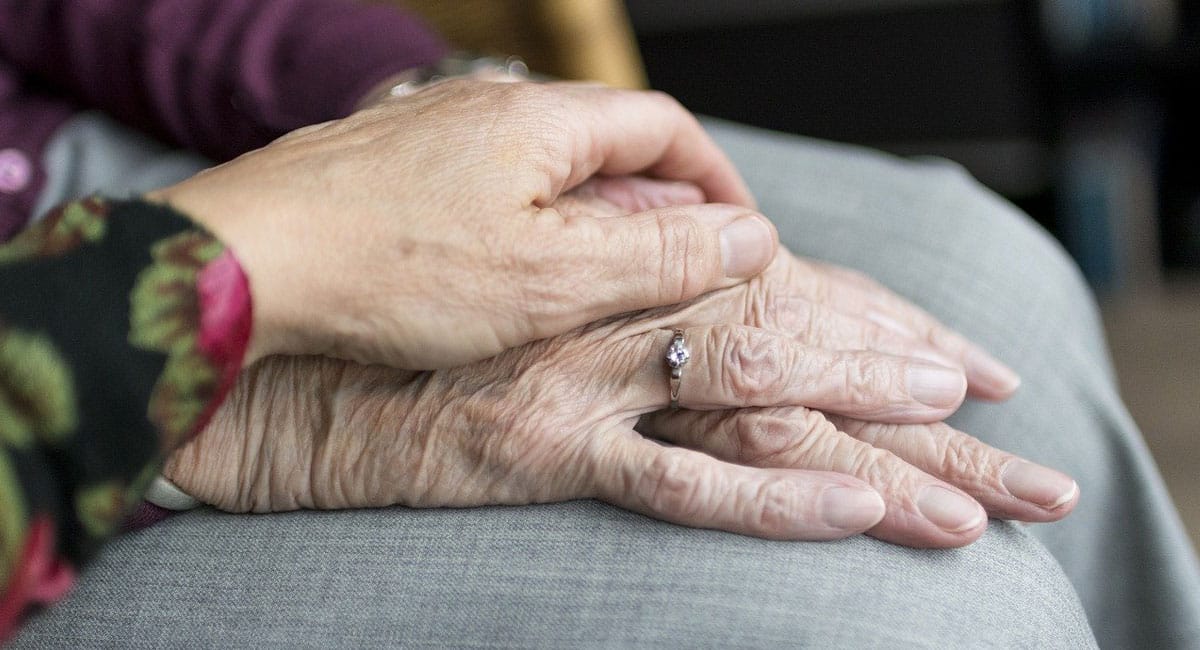Caring for aging parents is never easy, both logistically and emotionally. But many children feel that it’s their responsibility to take care of a range of tasks, ranging from getting finances in order to healthcare to housing the parent.
Here is everything you need to know about caring for elderly parents.

Meeting Daily Living Requirements
First and foremost, ensure you have a plan in place for each and every aspect of your parent’s activities of daily living (ADLs). This includes having a plan for:
- Bathing
- Getting dressed
- Keeping up with personal hygiene
- Eating and self-feeding
- Using the restroom and maintaining continence
- Mobility considerations, including getting out of bed and walking
- Performing housework
It must first be determined which of these tasks your parent can perform on their own and which they can’t. You can then decide if you can assist your parent yourself with these tasks or if you also need outside help.
Determining the Best Living Arrangement- For Everyone
As you figure out how much help your parent needs, you’ll need to consider if they can stay at home, move into your space, or move into an assisted living community. There are varying types of communities, including those where residents have more freedom, such as independent living communities, and nursing homes. If your parent needs assistance with the above daily tasks, and they need continuous medical surveillance but don’t need the care of a hospital, they may do well in a nursing home.
If the assistance they need, however, doesn’t require the help of a medical professional, you may consider having them live with you or another family member who can provide support and assistance with certain daily activities.
If you do decide to place your parent in a nursing home, choosing the right healthcare center is one of the most important considerations when caring for an aging parent. Make sure that you fully vet each and every healthcare center in the area, and meet with staff and doctors that will be caring for your mom or dad. Read reviews and ask friends and family for referrals.
Financial Considerations
The elderly may be eligible to receive government benefits, including Medicare or Medicaid. These programs can help pay for a large portion of living and medical expenses. Do plenty of research to determine which programs your parent or parents are eligible for, as they could end up saving a lot of money or receiving the extra help they really need.
If you are your parent’s caregiver, you may also be eligible to receive government benefits by claiming him or her as a dependent on your taxes. It’s also wise to create a caregiving budget that will help you figure out what you’re spending on caregiving, and if it’s still a viable option for you to take on.
Life Insurance Considerations
If your parent has a terminal illness, it may be a smart idea to sell their life insurance policy to a viatical settlement company, which will then make a cash payment to your parent in exchange for becoming the beneficiary of the life insurance policy. This benefits the viatical company in that they then receive the settlement after your parent dies and they see a return on their investment. The benefit to your elderly parent is that they’ll receive more cash than their policy’s current cash surrender value, so they’ll have more on hand to cover their necessary medical expenses.
When you’re tasked with caring for your aging parent, there are plenty of resources out there to help you. Make sure you’re taking advantage of any applicable government benefits and considering all options for your parent’s living situation.

